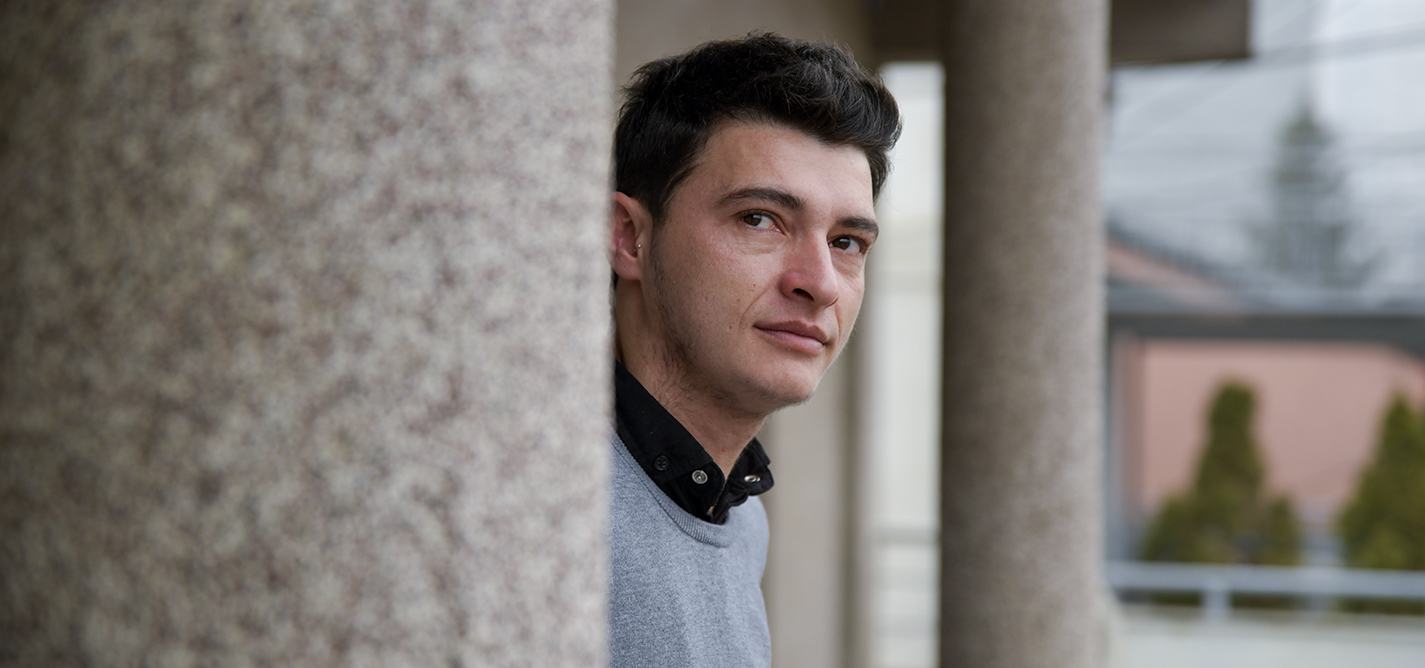
Landmark decision for transgender rights
Blert Morina exercises right to change name and sex marker.
“I am so happy that finally my family are going to be relieved of the pressure they have had in recent years.”
“For the first time the court has decided to recognize the right to gender identity without offering evidence for surgical intervention or any medical change.”
Rina Kika, Blert's lawyer
Dafina Halili
Dafina Halili is a senior journalist at K2.0, covering mainly human rights and social justice issues. Dafina has a master’s degree in diversity and the media from the University of Westminster in London, U.K..
This story was originally written in English.